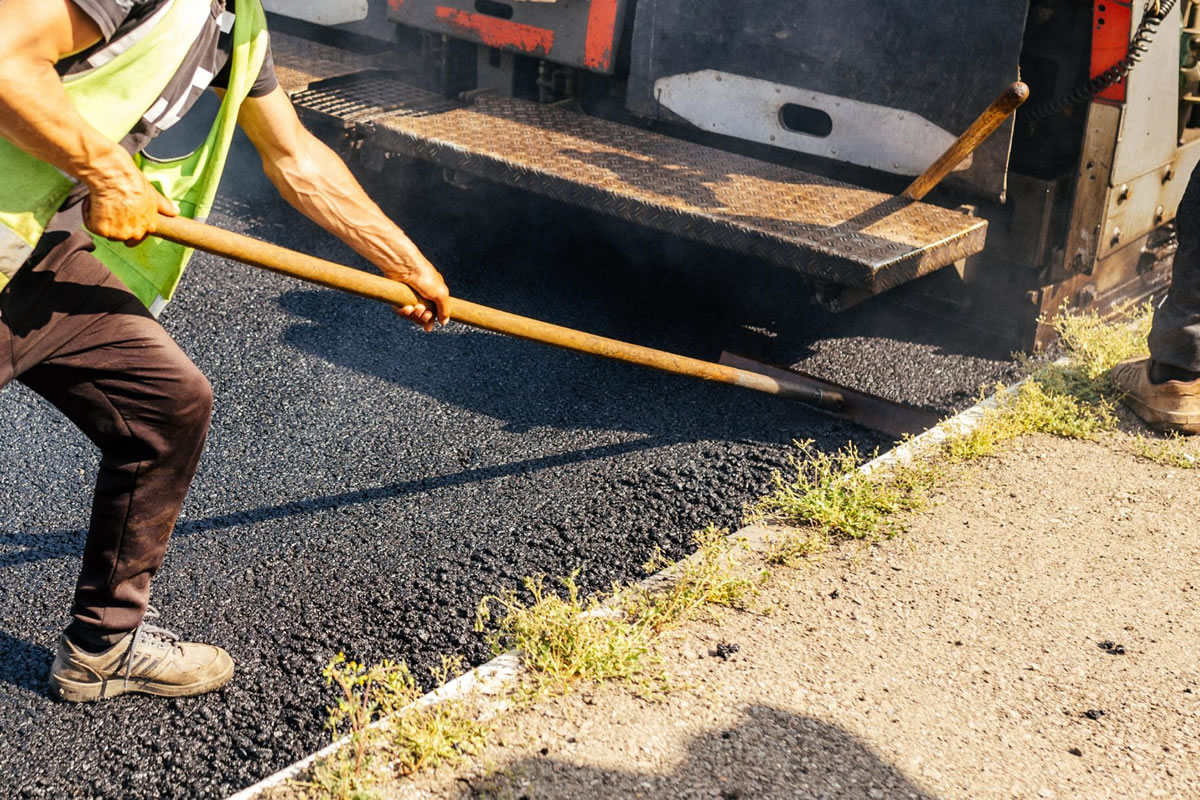Reasons You Should Work With Asphalt Paving in The Summer

Before working with asphalt, consider outdoor temperatures, ground temperatures, and the overall weather, as weather elements like snow and rain can affect the integrity of the asphalt. Work with your asphalt in the summer for these four reasons discussed below.
Heat Helps to Cure the Mixture Faster
Asphalt is a stone, sand, and petroleum-based bitumen or binder. During installation, the professionals start by combining the mixture at the processing plant or in a drum. The summer heat will let the mix retain its heat, curing much faster and allowing for proper compaction. Additionally, when the temperatures after laying the asphalt down are correct, professionals can quickly press it down to create the proper density and enhance the stability of the asphalt. On the other hand, if the mixture doesn't cure properly and cools down past 180° Fahrenheit, the mixture will often be stiff, causing inadequate compaction.
Note that proper compaction is essential for many reasons, including maximizing the strength, minimizing water permeability, and minimizing fatigue of the asphalt. All of these help boost the performance and longevity of the asphalt.
Heat Lets the Seal Coat Dry Faster
A seal coat is a sealant that professionals use over the asphalt to keep it durable and improve its appeal. The seal coat can dry quickly during the summer, meaning your work can also move along faster. Regardless of which seal coat you use, whether an acrylic polymer, synthetic seal coat, traditional seal coat with an emulsifier, or coal tar sealant, the summer heat will hasten the drying process.
Additionally, applying a seal coat in the summer offers the asphalt its first line of defense against the sun's UV rays. UV radiation from the sun can cause asphalt oxidation, which means the mixture starts to break apart. This deteriorates the durability of the asphalt by causing cracks and rutting. Therefore, if you can apply the seal coat in the summer and it dries properly and evenly, then rest assured that the asphalt paving will last.
Summer Has Longer Days With Longer Working Hours
Geographically, summer days last longer than 12 hours compared to winter days. Therefore, because the days are long and warm, the contractors can work and complete projects in the shortest time possible.
Besides reducing the inconvenience of working more days, the long summer days also allow you to save costs, assuming some contractors quote their work based on days or hours worked. That said, the shorter the project time, the less you'll pay for your project.
Summer Asphalt Repairs Help You Prepare for Winter
If you do your pavement repairs in the summer, you'll allow the pavement enough time to regain its durability before winter.
Harsh winter weather can do a lot of damage to your asphalt, including further deterioration by creating potholes. Therefore, if your asphalt surface has visible cracks or other forms of damage, summertime would be the best time to repair or replace your asphalt before different weather elements further damage it.
The summer heat usually contains the highest humidity, often making it more tiresome to work in the summer. But when working with asphalt paving, summertime is the best period. The heat offers optimal asphalt paving and ensures cost savings, faster completion, and excellent asphalt durability.
Our experts on paving and sealcoating in Fredericksburg, TX, are happy to install, repair, or replace your asphalt paving for residential, commercial, or government customers. Contact us today to speak to a professional about your asphalt.